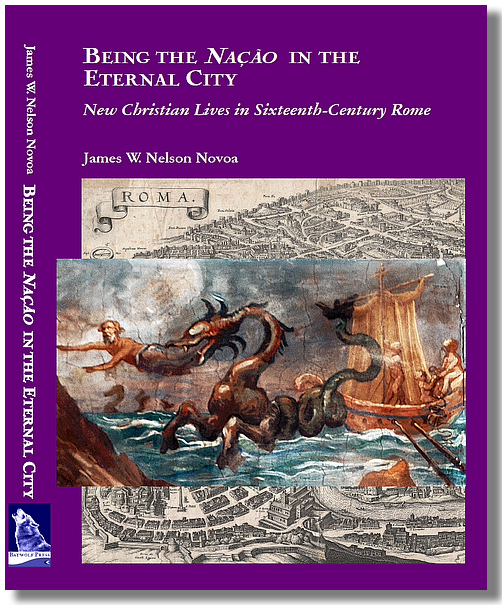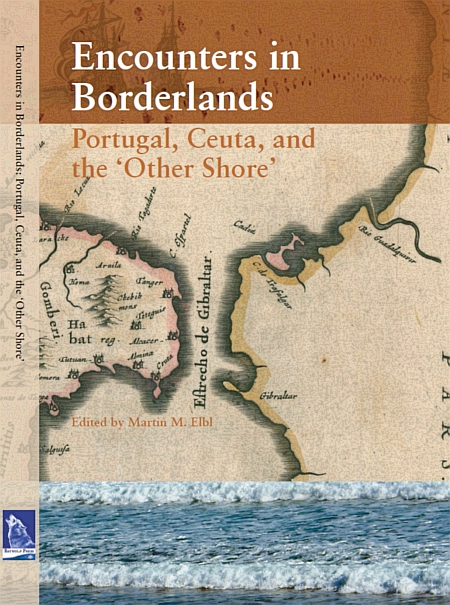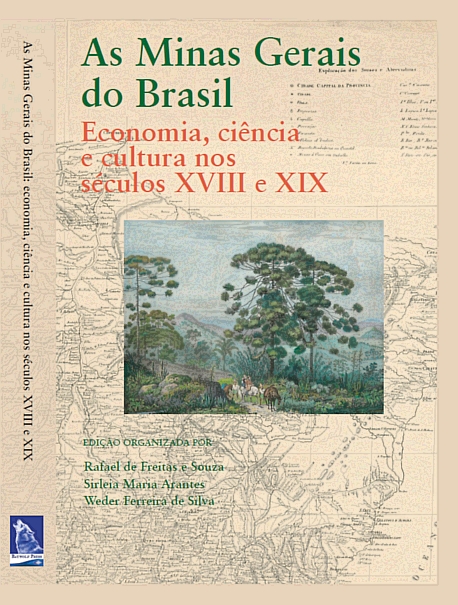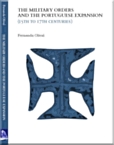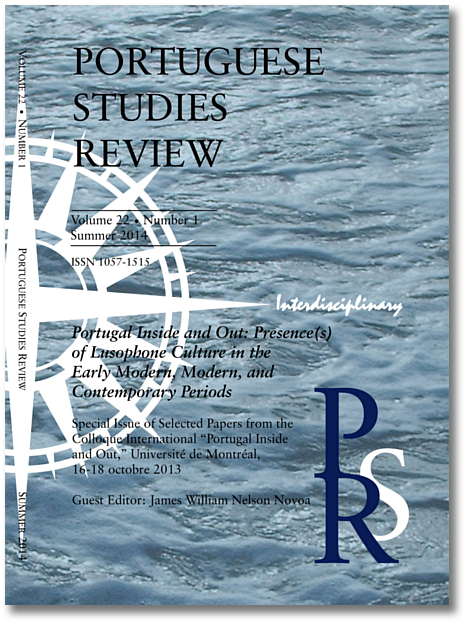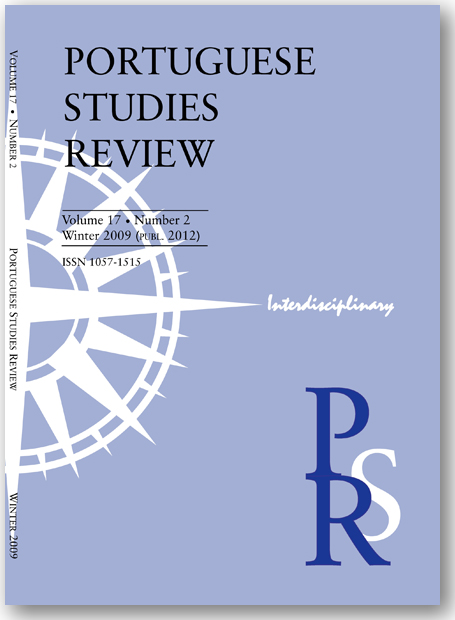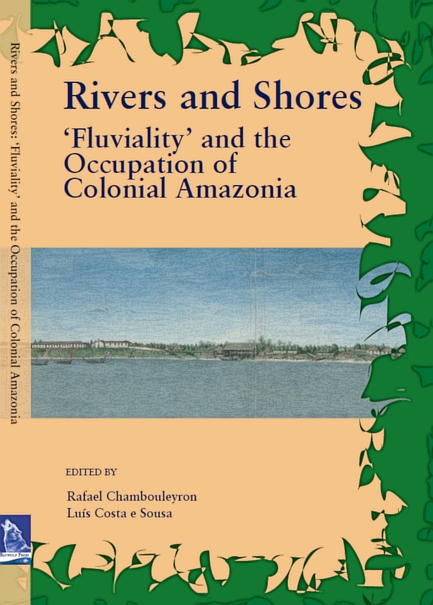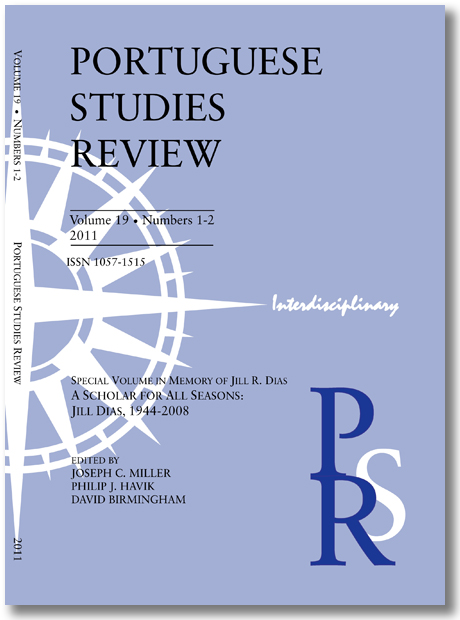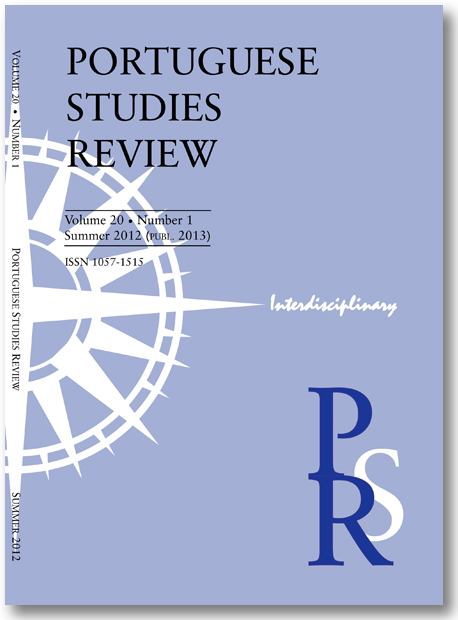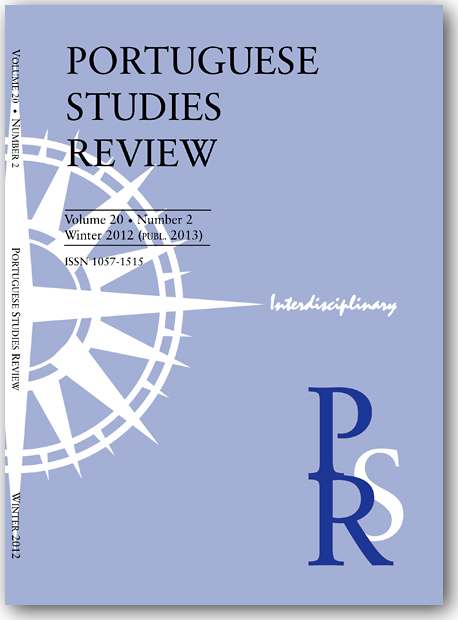The PSR and Interdisciplinary Research
The PSR has always been committed to interdisciplinary research. The core mandate is to mix and match among fields, promoting open debate and a genuine plurality of perspectives, and avoiding as much as possible any ideological or methodological uniformity. The PSR is not a platform for orthodoxy, homogenized thought, and paradigm-protection. We seek to foster that which is hard-nosed, empirically adequate, logically consistent, reasoned, probing, and meticulous. We seek diversified and also revisionist cutting-edge toppings à la carte, instead of a perennially self-replicating 'consensus messaging' menu, a set table d'hôte of approved and 'correct' maîtres à penser.
The Review is committed to the widest possible range of theoretical and methodological stances. It deliberately avoids endorsing or promoting any specific school of thought. If we support any 'cause' at all, it is a return to knowledge-for-the-sake-of-knowledge. We fully endorse a decisive academic break with suspect influences exerted over scholarship by political think-tanks, lobbyists, funding agencies with ideological axes to grind, prominent donors with hidden agendas, political movements, stifling bureaucracies, and vested interests of all sorts. The Review seeks to support divergent and innovative scholars and promotes "actively open-minded thinking" (AOT). The PSR contests claims that AOT might be deemed to have socially 'perverse' effects. The 'perverse effects' generally exist only in the mind of those set on maintaining a status quo -- whichever way the balance of that status quo might be leaning at any given time.
The PSR favours 'factiness', no matter how unsettling, rejects officious compliance with artificial speech-codes, and insists above all on full and honest disclosure of all research data and on meticulous documentation. In our playbook, high standards of proof always override categorical belief or ideological loyalty.
The very nature of the Lusophone area (or whatever else one might want to call it for whatever reason) -- namely 'global' yet distinctly polycentric while also regionally specific -- makes the PSR approach valuable and justified. The Review aims to promote a soberly realist and pluralistic understanding of the historical and current evolution, at all levels, of the political, military, economic, social, and cultural networks that connect Portugal, Brazil and all the varied regional actors within relevant Atlantic communities -- African, European, and American (meaning 'the Americas' in general) -- as well as broader Asian ones. We focus on the turbulent and unstable co-evolution of all societies affected one way or another by Luso-Brazilian exploration, colonization, emigration, immigration, decolonization, post- and pseudo-colonialism, policy trends, bureaucratization, globalization, trade agreements, bottom-up resistance to elite-driven top-down globalization, and other linkages much too numerous to list. This co-evolution has always worked both for better and for worse. Complex systems never move in a single direction. In tangible reality, enduring systems characterized exclusively by uniform, steadily cumulative and self-reinforcing feedbacks are few indeed -- if any. They mostly exist only in the fancies of mechanistic system modellers. And sweeping models, lately, have had a tendency to prove spectacularly and very disastrously incorrect.
The PSR and the LSA
The PSR is now closely affiliated with the Lusophone Studies Association operating from York University, Toronto, Canada. The relationship is mutually beneficial in terms of exposure and visibility. The PSR has maintained its editorial independence, however. The decisions what to publish and how to publish are driven by what the PSR has always remained committed to: core research, innovative scholarship, rigorous peer assessment, and the ultimate editorial freedom to publish controversial material that deviates from 'consensus messaging' but passes all the other required quality checks. The Association, the PSR, and Portuguese studies worldwide are all better off as a result of this rugged and individualistic approach.
The PSR, Intellectual Pluralism, and Human Rights
The PSR does not promote endless echo-chambering and groupthink. Translation: we do not have any "proper [i.e. mandatory] lens", any Party Line "optics", any system of "democratic centralism" checks designed to monitor ideological congruency and to impose rigid top-down control. We do not have any "grounding philosophy undergerding" the topics that we "allow" or "disallow" . We love, really love "direct challenges" to opinions and to entrenched ideological positions. We love, really love head-on-clashes of the kind that pitch against each other, in the tussle of healthy intellectual battle, well-documented and coherently laid out conflicting views, approaches, and data. We love "conflicts of opinion". Those are and always have been the principal mainsprings of a vigorous intellectual scene. As to dutifully burning incense on the altars of stern and censorious, montonous and monolithic ideologies? No, thank you. Not interested ...
Access and Distribution
Look for us at Gale/CENGAGE and EBSCOhost e-resource and database centers in your subscribing library (our abstracts will also be restreamed at ProQuest, soon). We are on the waiting list for JSTOR. Ask your library to subscribe. Or subscribe in person. Previews of the PSR are available through Google Books.
BIBLID
National Library of Canada Cataloguing Record
Portuguese Studies Review
ISSN 1057-1515 print
Semiannual
v. : ill. : 23 cm
1. Portugal–Civilization–Periodicals. 2. Africa, Portuguese-speaking–Civilization–Periodicals. 3. Brazil–Civilization–Periodicals. 4. Portugal–Civlisation–Périodiques. 5. Afrique lusophone– Civilisation–Périodiques. 6. Brésil–Civilisation–Périodiques.
DP532 909/.0917/5691005 21
Library of Congress Cataloguing Record
Portuguese Studies Review
ISSN 1057-1515 print
Semiannual
v. : ill. : 23 cm
1. Portugal–Civilization–Periodicals. 2. Africa, Portuguese-speaking–Civilization–Periodicals. 3. Brazil–Civilization–Periodicals.
DP532 .P67 909/.091/5691 20 92-659516
Indexing: American History and Life, Historical Abstracts, International Political Science Abstracts, Political Science Complete, Social Services Abstracts, Sociological Abstracts, Worldwide Political Science Abstracts; EBSCOHost. Archive: Google Books (preview); GALE/Cengage Learning (Academic OneFile).
|
|
Building on Twenty-Five Years of Tradition
Whichever way one looks at it, the Portuguese Studies Review has long been an 'institution': a solidly established journal with over twenty-five years of continuous publication. If we take into account the PSR's precursor, the Portuguese Studies Newsletter, the roots go even deeper, exactly forty-eight years deep. The world has changed utterly since the Newsletter first appeared in 1976. It is no longer the same world. Even since 1991 the academic scene and the publishing sphere have become very different -- not always for the better, in ideological terms. It has been two decades and a half of lights and shadows since the year when Vol. 1 of the PSR was published at the University of New Hampshire under the editorship of Prof. Douglas Wheeler and within the framework of the International Conference Group on Portugal (ICGP)). What has not changed is the PSRs commitment to scholarship. We have added new approaches, however, and fundamentally altered the journal's platform.
Where we Stand on the Roster of the Canadian Association of Learned Journals
The Portuguese Studies Review is currently the only Canadian academic journal in the field of Portuguese, Lusophone, and associated studies. We are listed by the Canadian Association of Learned Journals among the 32 Canadian academic journals under the aggregate tag "Cultural Studies", and within the group of only 5 CALJ/ACRS-listed journals that constitute locally published platforms for a Canadian intellectual engagement with Latin America and/or Southern Europe: (1) the Canadian Journal of Latin American and Caribbean Studies, (2) Interscientia: Latin America, (3) the Quaderni d'italianistica, (4) the Revista Canadiense de Estudios Hispánicos, and (5) the PSR. We facilitate and accommodate multilingual/multicultural communication, and avoid letting the PSR slip into any uniform monolingual standard. This is our Canadian profile. Our overall reach (Internet and all other venues) is broader and has been expanding steadily.
Standard Volumes and Special Issues
The hallmark of PSR publishing, for many years now, has been the production of thematic and collected items. This makes our recent diversification into the area of research monographs entirely natural. Quite regularly, the PSR has organized and facilitated the publication of conference proceedings or made it possible for Guest Editors to take over the organizational side and put together specially designed or targeted issues or entire volumes. Many of our Special Volumes or Issues have been in the 300- to 500-page range, monographs or collected volumes in all but name. The device makes it possible for libraries to acquire the content within the price range of a journal subscription (and we have kept our rates extremely low and steady, unlike many if not most other journals), instead of paying for books that, as such, would be priced considerably higher. In other words, academic libraries get conference proceedings and 'monographs' at a mere fraction of the book market cost and are guaranteed their price. Plus, the library subscription includes shipping.
The PSR Monograph Series
The advice one hears these days ranges from "don't start anything new in an era of politically engineered neo-liberal, neo-con, neoliberalcon, or any other post-this and neo-that cutbacks" all the way to "so many new opportunities in the digital era, as we hurtle toward a technological Kurzweil Singularity and hyperloop travel." As many opinions as there are fingers tapping on keyboards and tablets and iPhones. If one listened to it all, one would end up never doing anything -- one would end up locked in endlessly tracking the opinions of the twitterati class, the capricious pseudo-ratings, and the quantifiable 'like/don't like' machine-generated noise that passes for 'expert metrics'. So the PSR has decided to put headphones on and tune out the twitter. We did what we have done for a long time now--"Quem for voluntário, sai e forma. Quem não quiser sair, fica aqui!".
The PSR and Baywolf Press / Éditions Baywolf
The PSR is partnered with an independent small-label English / French and multilingual imprint, Baywolf Press / Éditions Baywolf. Right now, the operation is based on the concept of PSR-related sales being ploughed back into keeping the Review running and into promoting Portuguese studies research, through the Lusophone Studies Association. Baywolf Press takes no cut. On the contrary. If you buy Baywolf Press imprint books, you support future publications in the field. The PSR runs on a shoestring budget, and is already lean beyond what even the most committed gurus of neo-liberalism would consider sane. No, we have no operating grants -- and we do not want any. Especially not those that come with tight ideological and policy strings attached. The earlier relationship between PSR and Trent University, Peterborough, Ontario, has now been dissolved.
Our Position with Regard to Freedom of Speech
The Review remains committed to academic freedom of speech, freedom of research, and freedom of thought.. We subscribe to the Chicago Principles, the principles outlined in the Report of the Committee on Freedom of Expression at the University of Chicago, appointed in July 2014 by President Robert J. Zimmer and Provost Eric D. Isaacs. We are guided, in particular, by the Report's proposition that: "... debate or deliberation may not be suppressed because the ideas put forth are thought by some or even by most members of the University community to be offensive, unwise, immoral, or wrong-headed. It is for the individual members of the University community, not for the University as an institution, to make those judgments for themselves, and to act on those judgments not by seeking to suppress speech, but by openly and vigorously contesting the ideas that they oppose. Indeed, fostering the ability of members of the University community to engage in such debate and deliberation in an effective and responsible manner is an essential part of the University’s educational mission. As a corollary to the University’s commitment to protect and promote free expression, members of the University community must also act in conformity with the principle of free expression. Although members of the University community are free to criticize and contest the views expressed on campus, and to criticize and contest speakers who are invited to express their views on campus, they may not obstruct or otherwise interfere with the freedom of others to express views they reject or even loathe. To this end, the University has a solemn responsibility not only to promote a lively and fearless freedom of debate and deliberation, but also to protect that freedom when others attempt to restrict it." We say no more beyond this, and we have, for now, removed our internal site-link to a more ample and very extensive explanation. It has become, at this point, much too perilous, politically and physically, to defend any sort of genuine Freedom of Speech more amply than the Zimmer & Isaacs framework does. Even the latter is now risky. The Lights are Going Out, and they will not be lit again in our time. A Permanent Muzzle of Total Obedience (subject to Expert Impact Assessment) is a very fitting meme for the new era of neo-totalitarian surveillance-driven Darkness at Noon.
|





